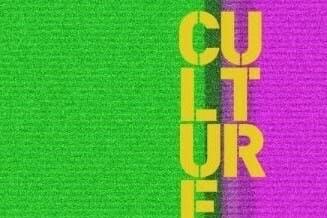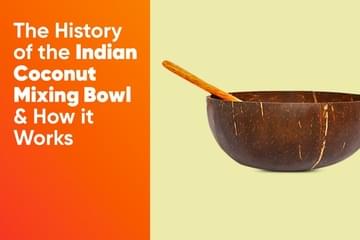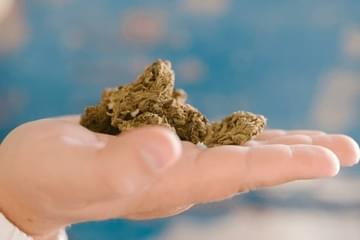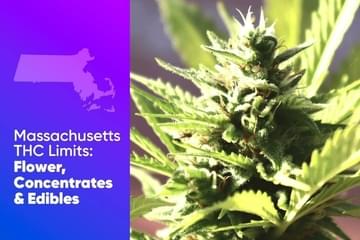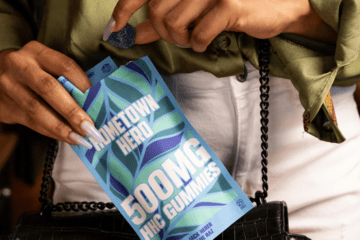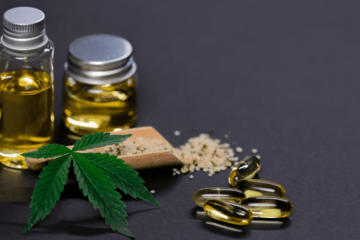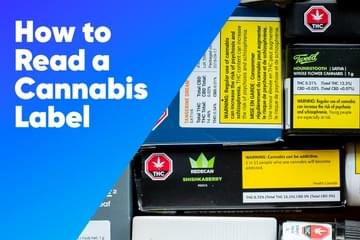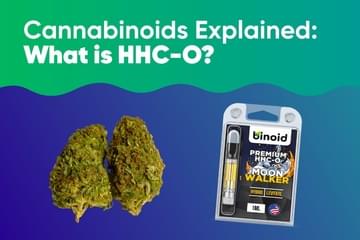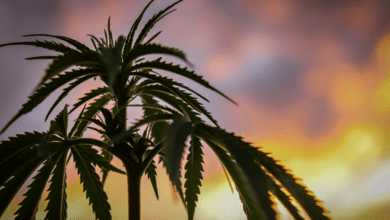
What is THC-O? What are the Effects? Is it Legal?
Published on 2/9/22
Some stoners may tell you that nothing beats a simple joint of good quality bud, but that hasn't stopped the many scientists in the cannabis industry from trying to reinvent the wheel. New types of edibles, waxes, and compounds have turned the standard bowl of weed on its head, promising a multitude of new, excited ways to get high as a giraffe. One new compound is called THC-O acetate, or simply THC-O. This hemp-derived substance promises to be three times as strong as regular THC, capable of delivering borderline hallucinatory effects. As with so many emerging technologies, we only have limited data on THC-O acetate effects. While legal due to the coverage of hemp under the 2018 federal Farm Bill, THC-O is banned in some states, including Colorado, because of its potential harm. This THC-O review looks at the facts of this wonderdrug and whether the promises live up to reality.
What's in a Name
 Unsplash
UnsplashThe term THC-O acetate means that a particular chemical, an acetate salt, has been added to the baseline THC compound. Acetates are fairly common in the scientific community; as just one example, acetate is found in mustard because it keeps the mustard from turning into one giant condiment cake. Most acetates are relatively harmless, such as the preservatives that keep food fresh. Others can be somewhat dangerous: the acetates found in cleaning solution, for example, lead to a trip to the emergency room when ingested.
THC-O acetate is different from these, although its formation is not fundamentally different. Since acetates are perfectly legal in the United States, THC substances with this acetate salt are not necessarily illegal. In fact, some states that outlaw normal marijuana with delta-9 THC (the good stuff you get in a huge bong rip) have no laws against THC-O. This is a major contrast to the potent delta-8 version of THC, which has been banned in many different states, including states that make marijuana decriminalized or even legal.
History and Legality
 Unsplash
UnsplashLike many other aspects of cannabis research, THC-O has a fairly long history. The U.S. military first studied the substance in the 1940s, determining that it affected muscle coordination more than standard THC from marijuana. (Stoners who face the great challenge of getting up off the couch know the struggle). Several decades later, the DEA busted a Florida lab trying to make a more potent variant of marijuana, long before the terms "Florida" and "lab" would be exclusively reserved for methamphetamine production. Despite the prevalence of copycatting new trends, THC-O didn't take off from there, and only in recent years has it come back into the scientific mainstream.
Since THC-O is synthesized from hemp instead of marijuana, it is considered legal at the federal level and across 38 separate states, including states that have outlawed cannabis possession. Rather than be stuck in a legal gray zone, similar to synthetic weed, it has allowed cannabis developers and businesses to put it out for customers. However, the states that have outlawed the sale of the substance have all done so due to health reasons, asking about THC-O safe standards rather than due to concerns about cannabis consumption.
Use and Effects
 Unsplash
UnsplashAs with any cannabis substance, the use of THC-O varies from person to person. THC-O effects can be affected by your physical and mental health, your history of cannabis use, and many other factors. However, almost everyone who uses it agrees that it hits hard - sometimes harder than a person may expect. While it's all but impossible to overdose on THC-O (or regular THC, for that matter), it's certainly possible to take enough that you don't enjoy the experience. An extreme high can produce panic, nausea, or confusion, all of which may be enough to wish you'd never used the substance. The upshot may be similar to a concentrate.
One concern is the wide range of quality in THC-O products. THC-O flower has no standards for cultivation, production, and sales, unlike traditional bud that has limits on how large pot flowers can grow or how much normal THC they can give a consumer. Without these standards, there's no way of conclusively knowing what you're smoking, meaning that health effects can be unpredictable. A type of THC-O bought through third-party channels of low reputations, like online vendors, will have greater risk than a product made by established vendors who go through product checks at each step of the cycle.
Types of THC-O
 Unsplash
UnsplashTHC-O comes in every type of standard cannabis: flower, edibles, and concentrates. THC-O distillate is, of course, the strongest of them all, punching well above its weight. By contrast, THC-O gummies or edibles have a (relatively) lower concentration due to the mixing of ingredients. Vaping this substance is a popular way to get a fix because THC-O carts are plentiful and will fit into an existing vape pen.
Generally speaking, dispensaries are split on THC-O: some want to stock the newest products. In contrast, others are nervous about selling something that could lead to health consequences - or be pulled from the market at any moment by the government. Buying from established businesses is always recommended, but it is easier to get on the Internet, where regulation is lax, and plain box shipments allow customers to get this new type of cannabinoid even where it is outlawed.
Have you ever smoked THC-O, or any other types of cannabis substances outside the mainstream? How do you find it compares to standard marijuana? Let us know in the comments below!








